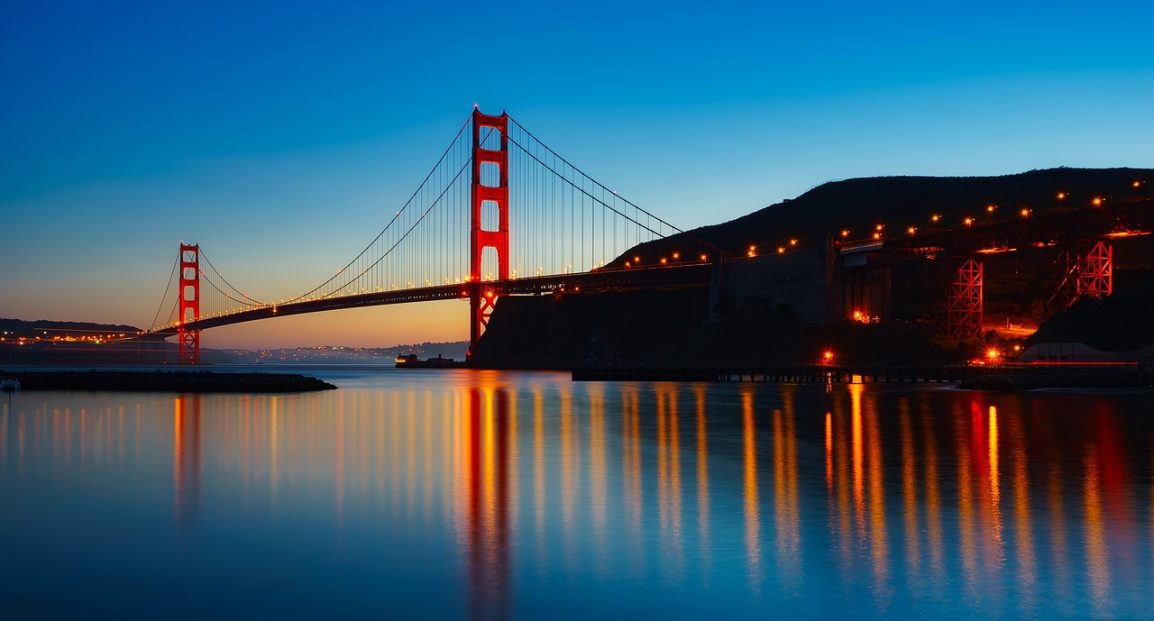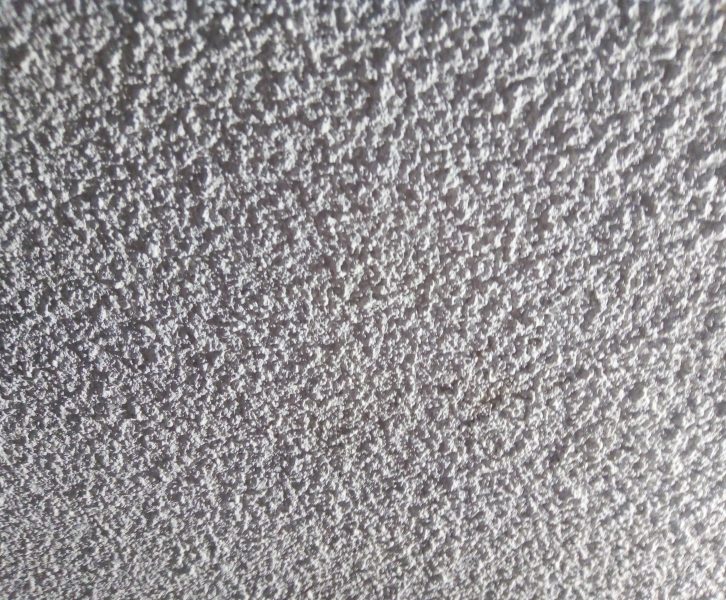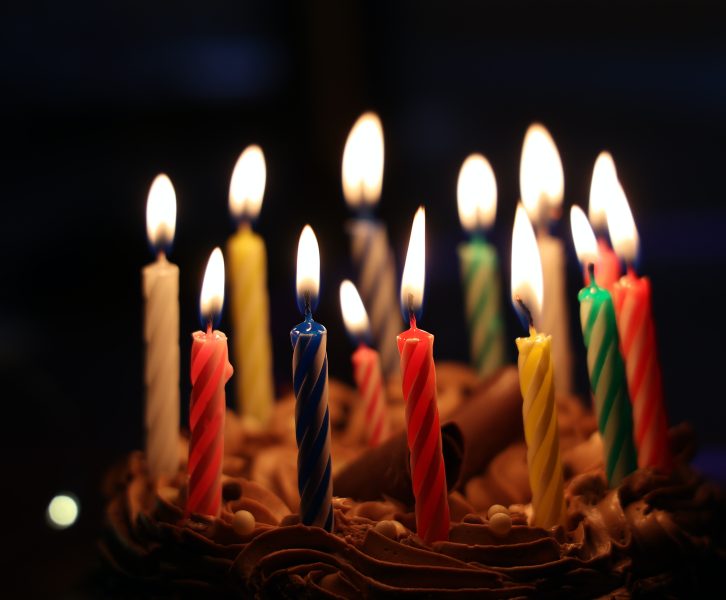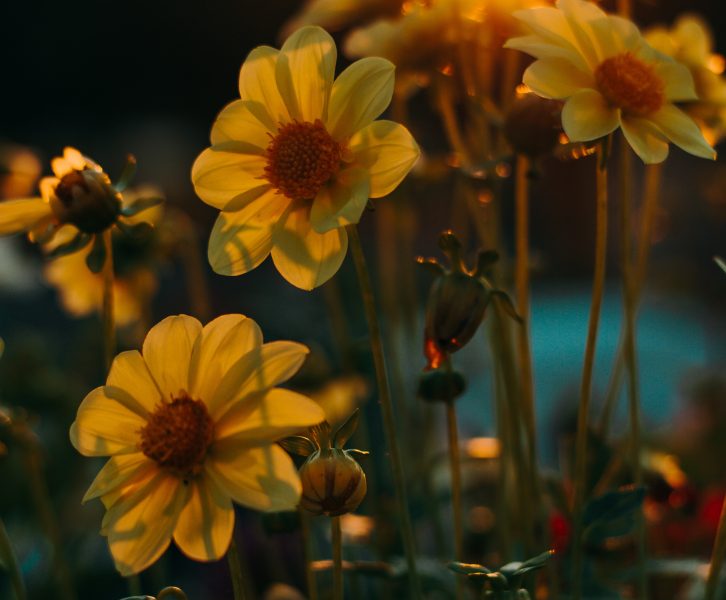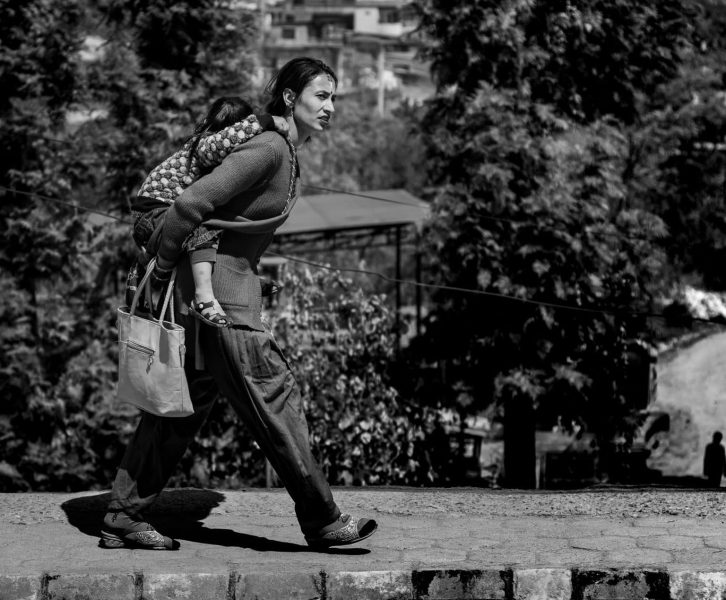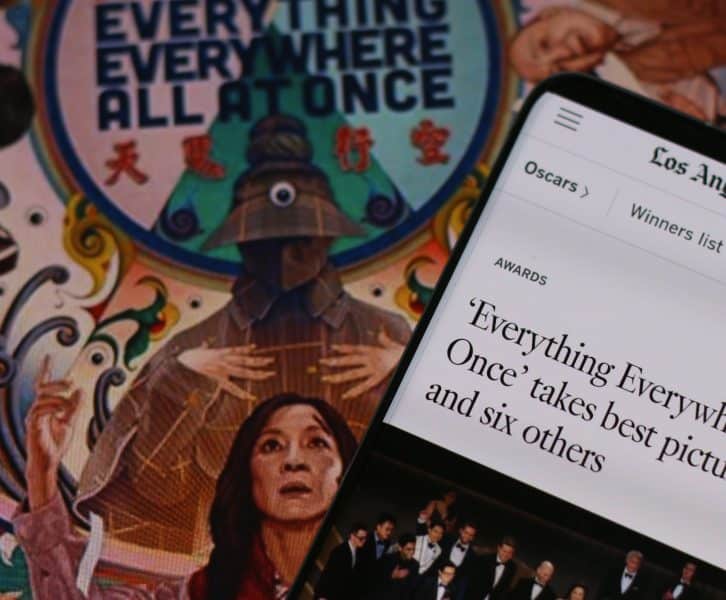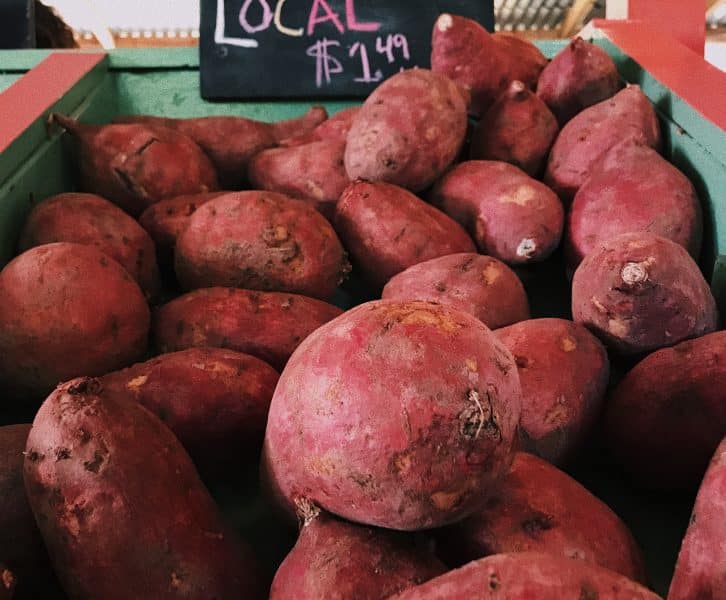San Francisco Nature
The woods have never spoken to me. All the fanaticism over John Muir in the Sierras or Ansel Adam’s photography of the American West was a keepsake to the legacy of Northern Californians. Growing up near the epicenter of the avant-garde foodies in Berkeley– or, Berzerkley– fastened between Oakland and Richmond, I considered myself an East Bay baby.
My life as a Californian child was coveted on learning about the Spaniard missionaries, visiting old California gold mines– I even had to pan for gold– and, of course, John Muir and Yosemite. The same quote was always revisited: “And into the forest I go, to lose my mind and find my soul.” The same look of estrangement always captured a teacher’s face, “What could this mean, class?” They would say. I never knew, and I still don’t. The term urban jungle speaks to me more– rife with the same wilderness of nature, maybe doubly so.
Driving up to the Mission District in San Francisco before school to drop my Mom off for work, all walks of life flock to the streets, and as a child, it was better than any nature documentary. A homeless man pissing on a fire hydrant, a woman changing off the exit of a highway, and the line for the men’s shelter that extended around the corner– tents and all. My connotation for camping was a tent, and when I thought of tents, I never thought of nature or wilderness, but “tent city” and navigating the homeless as we walked the streets or took the odd rickshaw ride like tourists. Ironically, my Dad would say “San Fran,” like a visitor, never fully assimilating ourselves after moving from Canada.
I remember when I went to school in the inner-city, temporarily living in an apartment with exposed brick and floor-to-ceiling windows in the Financial District. I took two long bus rides to Mission that smelled like urine and marijuana; I loved it. When our grade crossed the street to the public park, I would occasionally find a few needles near a see-saw. The school being multiple stories, the older kids would spit wads down on us– I once helped a girl wash a spitball out of her hair. I didn’t last there long, though. My Mom pulled me out when she saw a man with a Swastika tattoo on his forehead being chased by the cops just outside the school’s entrance, according to her.
To be frank, nature was not a part of me. I yearned for the white hexagon subway tiles before you went on the Bart train, slightly shining, and watching seals off Pier 39. It was gritty; it was wild, but it was wholly me. After moving to the suburbs and commuting to Berzerkeley to a more “enriching” school, I was miserable. To ingrain in us this love for nature, we had to garden. The teacher must have had something against me, because I was constantly put on compost duty, grinding and blending rotten apple cores and banana peels with dirt. I squinted at her against the sun, “what’s the point of this?” I asked. Staring at me condescendingly, “Fertilizer,” she replied. I rolled my eyes. “Well, why can’t we just buy the fertilizer?” She frowned at me; I still haven’t gotten my answer.
It would be indulgent to say I hate nature. Instead, I hate obstinacy from ease. Logically, it didn’t make sense that I had to garden if someone else could grow food for me. In the same way, having the woods as my “backyard” doesn’t make sense when I could get hypothermia, faint, get lost, or all of the above. I appreciate humanity and admire the lengths we’ve taken to heighten comfort and survival. It’s not hedonistic, it’s not lazy, it’s life. When people talk about nature, they exclude the urban landscapes that have defined generations and shaped artistic, social, and revolutionary movements.
Nature is urbanism. To exclude humanity from the namesake of other natural species is to say that we’re not part of nature altogether. It might take someone having to hike the Pacific Crest Trail to know that they share this Earth, and we only occupy an iota of time and space in our universe, but I never needed to garden or camp to understand this. No, I only had to cross the East Bay Bridge, graze my hands against the white subway tiles as I descended to the Bart train, or use the slopes of Filbert Street as my hiking ground, and I felt one. My woods, my nature, my love: San Francisco.

